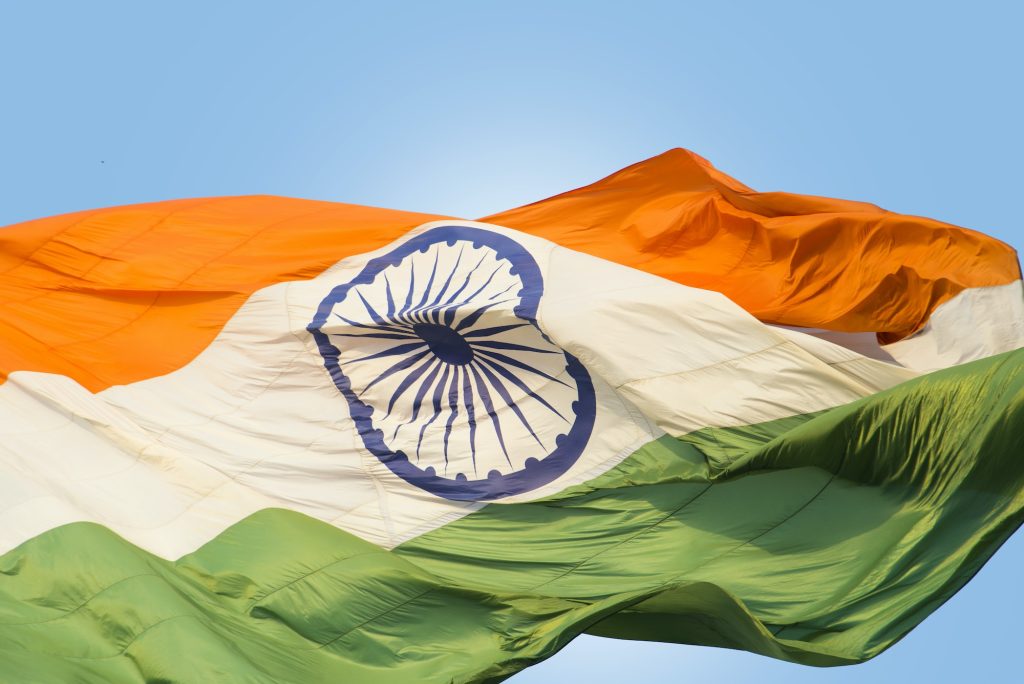Bombay High Court hearing: new IT rules and freedom of expression
In a Bombay High Court hearing, Solicitor General Tushar Mehta defended India’s new IT rules stating that they do not violate free speech.

In a recent hearing before the Bombay High Court, India’s Solicitor General Tushar Mehta argued that new information technology (IT) rules allowing the central government to set up a fact-checking unit (FCO) to filter social media for fake news do not violate freedom of speech, or satire targeting the Prime Minister. The court hearing was held after satirist Kunal Kamra, the Editors’ Association of India, and the Association of Indian Magazines submitted petitions against the new restrictions.
The court questioned the absence of clear rules for deciding which content is unreliable or misleading. Mehta said that the new laws only apply to erroneous facts and not to ideas or criticism. However, the court panel pointed out that the regulations’ definition of information is broader, encompassing opinion, criticism, and parody.
The discussion centers on balancing between combating false news and ensuring free expression. Mehta maintains the new restrictions are intended to limit unregulated content on social media, but opponents argue they may endanger free expression.
Why does it matter?
The court’s verdict could have far-reaching implications for social media regulation in India and preserving people’s freedom of speech. The argument over how to combat false news while protecting individuals’ fundamental liberties in India continues.
